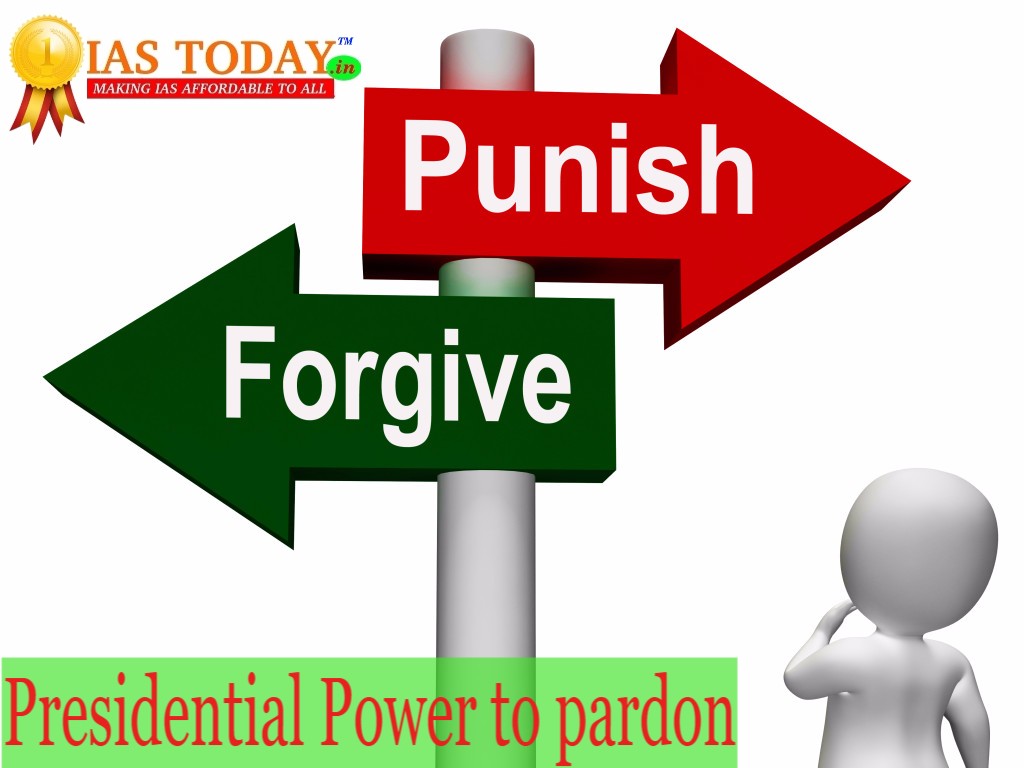The Rose Pardon Debate: Weighing The Arguments For And Against A Presidential Pardon

Table of Contents
Arguments in Favor of a Rose Pardon
The Rose Pardon Debate has ignited passionate discussions, with proponents arguing for a pardon based on several key principles.
Clemency and Rehabilitation
A central argument in favor of a Rose pardon centers on the principles of clemency and rehabilitation. Advocates believe that a pardon could offer Rose a second chance, facilitating reintegration into society and contributing to his rehabilitation.
- Successful Rehabilitation Examples: Numerous examples exist of individuals who, after receiving a pardon, have successfully reintegrated into society, becoming productive members of their communities and making significant positive contributions. These cases demonstrate the potential for transformative change.
- Restorative Justice: The concept of restorative justice emphasizes repairing the harm caused by a crime and reintegrating offenders back into society. A pardon could be viewed as a crucial component of this process, allowing Rose to contribute positively to society.
Addressing Miscarriages of Justice
Another strong argument for a pardon is the possibility of a miscarriage of justice in Rose's case. Some argue that flaws in the legal process, insufficient evidence, or newly discovered evidence might necessitate a pardon to correct a wrongful conviction.
- Potential Flaws in the Legal Process: Concerns have been raised regarding [Specific details about potential flaws in Rose's trial, e.g., biased jury selection, ineffective legal counsel, suppressed evidence]. These concerns warrant a thorough re-examination of the case.
- Evidence of Innocence or Mitigating Circumstances: [Mention specific details about new evidence, mitigating circumstances, or other factors that could support a claim of innocence or reduced culpability]. These factors challenge the initial conviction and lend weight to the argument for a pardon.
- Legal Precedents: Historical precedents exist where presidential pardons were granted due to concerns about miscarriages of justice. Examining these cases provides valuable context for evaluating the Rose case.
Political Expediency
While less ethically sound, some argue that a Rose pardon might be politically expedient. This perspective acknowledges the potential for political motivations, such as uniting a divided electorate or appeasing a powerful voting bloc.
- Potential Political Gains/Losses: Granting a pardon could lead to increased support from certain segments of the population, while denying one might alienate others. The potential political fallout from either decision must be weighed carefully.
- Impact on the President's Legacy: The decision to grant or deny a pardon will undoubtedly impact the President's legacy and historical reputation. This consideration is a significant factor in the political calculus.
Arguments Against a Rose Pardon
Conversely, significant arguments exist against granting a Rose pardon. These arguments emphasize the importance of upholding the rule of law, maintaining public trust, and considering the broader implications for future cases.
Principle of Justice and Accountability
Opponents of a Rose pardon firmly believe that upholding the rule of law and ensuring accountability for wrongdoing are paramount. A pardon, they argue, would undermine the justice system and send the wrong message.
- Details of the Crime Committed: [Clearly and concisely describe the nature of the crime committed by Rose, emphasizing the severity and impact on victims].
- Arguments Against Mitigating Circumstances: [Address and refute any claims of mitigating circumstances, demonstrating why a pardon would be inappropriate].
- Undermining Public Trust: Granting a pardon could erode public trust in the fairness and impartiality of the justice system, creating the perception that powerful individuals are above the law.
Public Opinion and the Social Contract
Public opinion plays a significant role in the Rose Pardon Debate. A pardon might be met with considerable public backlash, potentially leading to social unrest or undermining the social contract between citizens and the government.
- Poll Results and Surveys: [Cite relevant polls, surveys, or public opinion data demonstrating the public's sentiment regarding a Rose pardon]. This data highlights the potential for widespread disapproval.
- Social Contract Implications: A pardon could be seen as violating the implicit social contract, where citizens agree to abide by laws in exchange for protection and equal treatment under the law.
Legal Precedent and Future Implications
Granting a pardon in the Rose case could set a dangerous precedent with far-reaching legal implications. Similar cases in the future might be influenced by this decision, potentially compromising the integrity of the justice system.
- Legal Precedents: [Discuss relevant legal precedents involving similar crimes or circumstances and analyze their impact].
- Impact on Future Cases: The Rose Pardon Debate highlights the complexities of balancing justice, mercy, and the broader implications for the legal system. The decision could affect how future cases are handled, either emboldening or discouraging similar actions.
Conclusion
The Rose Pardon Debate presents a complex and multifaceted dilemma. The arguments for and against a pardon highlight the inherent tension between mercy, justice, and political expediency. While advocates emphasize clemency, rehabilitation, and potential miscarriages of justice, opponents focus on the importance of accountability, public trust, and the long-term legal implications of such a decision. Weighing the evidence necessitates a careful consideration of all perspectives.
The Rose Pardon Debate is a complex and multifaceted issue with far-reaching consequences. By understanding the arguments on both sides, we can engage in a more informed and productive dialogue about the crucial role of presidential pardons in our justice system. Continue the conversation and share your thoughts on the Rose Pardon Debate.

Featured Posts
-
 Nyt Strands March 15 2025 Clues Answers And Spangram Solution
Apr 29, 2025
Nyt Strands March 15 2025 Clues Answers And Spangram Solution
Apr 29, 2025 -
 Porsche 911 Wersja Za 1 33 Mln Zl Podbija Serca Polakow
Apr 29, 2025
Porsche 911 Wersja Za 1 33 Mln Zl Podbija Serca Polakow
Apr 29, 2025 -
 Ntsb Report Pilot Disregard Led To Fatal Black Hawk Crash In Dc
Apr 29, 2025
Ntsb Report Pilot Disregard Led To Fatal Black Hawk Crash In Dc
Apr 29, 2025 -
 2 5 Trillion Wipeout The Impact On Seven Major Stocks
Apr 29, 2025
2 5 Trillion Wipeout The Impact On Seven Major Stocks
Apr 29, 2025 -
 Oh What A Beautiful World Willie Nelsons Latest Album Details
Apr 29, 2025
Oh What A Beautiful World Willie Nelsons Latest Album Details
Apr 29, 2025
Latest Posts
-
 Get Capital Summertime Ball 2025 Tickets A Practical Guide For Fans
Apr 29, 2025
Get Capital Summertime Ball 2025 Tickets A Practical Guide For Fans
Apr 29, 2025 -
 How To Buy Tickets For The Capital Summertime Ball 2025
Apr 29, 2025
How To Buy Tickets For The Capital Summertime Ball 2025
Apr 29, 2025 -
 Capital Summertime Ball 2025 Your Step By Step Ticket Buying Guide
Apr 29, 2025
Capital Summertime Ball 2025 Your Step By Step Ticket Buying Guide
Apr 29, 2025 -
 Securing Your Capital Summertime Ball 2025 Tickets The Ultimate Guide
Apr 29, 2025
Securing Your Capital Summertime Ball 2025 Tickets The Ultimate Guide
Apr 29, 2025 -
 Buying Capital Summertime Ball 2025 Tickets A Practical Guide
Apr 29, 2025
Buying Capital Summertime Ball 2025 Tickets A Practical Guide
Apr 29, 2025
